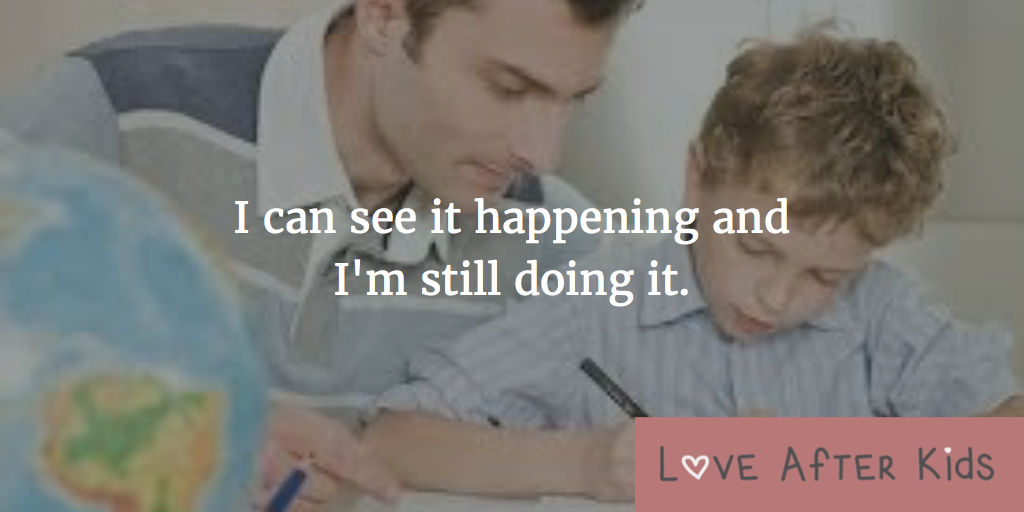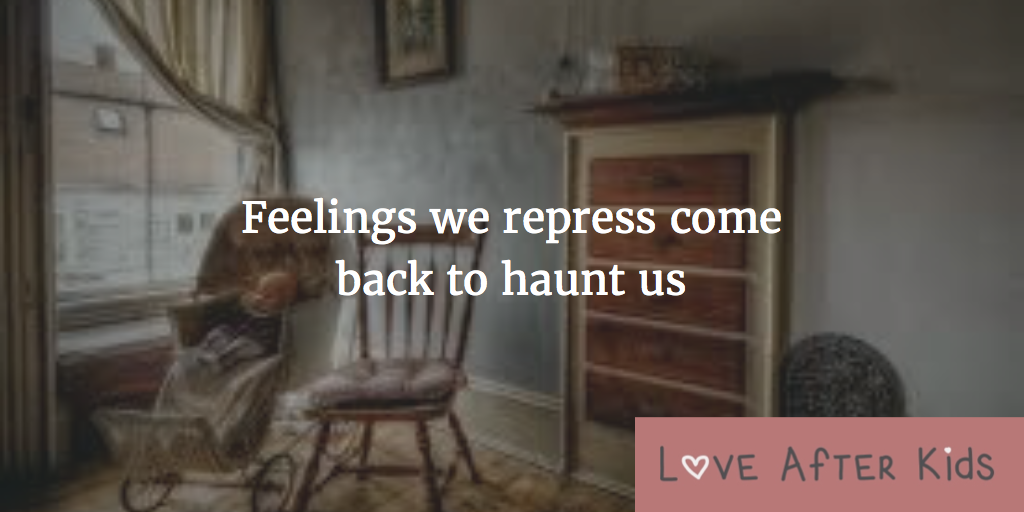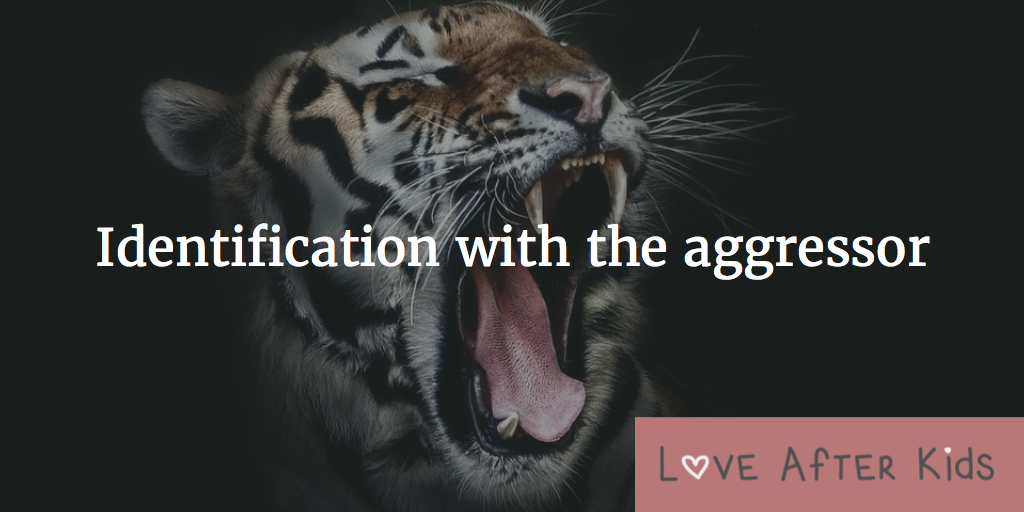“In every nursery there are ghosts...visitors from the unremembered past of the parents.” - Selma Fraiberg, et al., 1975
from Ghosts in the Nursery: A Psychoanalytic approach to the problems of impaired infant-mother relationships
I was always pretty good at math, but I was never a math wiz like my dad. He helped me with my math homework growing up and it was often a pretty unhealthy dynamic where I could feel his impatience creep in and I would automatically start to shut down and protest and do things to enrage him.
I wasn’t conscious of the dynamic at the time and I doubt he was either, but we repeated it over and over and over again. Needless to say, it didn’t do wonders for my self-confidence when it came to mathematics. At the first opportunity I had, I stopped taking math and opted for Japanese. Arigatō gozaimashita, pops.
I feel this pressure rising in my stomach, a tingling in my head, like some sort of demon has entered my body and is taking over. I’m becoming more and more impatient. I’m sure my heart-rate is increasing and my blood pressure is rising.
I roll my eyes and slap my hand on the table and then the venom spits uncontrollably from my possessed lips: “What’s wrong with you?” He's squirming in his seat. My impatience is sucking all of the creative space from his brain and replacing it with panic and anxiety. I can see it happening and I’m still doing it.
We take a break and I calm down and I’m feeling awful. I start to beat myself up and feel guilty, like I’m a bad father. I compare myself to my wife, who doesn’t behave like that, and I feel even more defective and sadistic. I talk with her about it. She helps bring my back to earth. I’m still feeling bad though.
Finally, I cut the pity party short and go to my son’s room and sit down on his bed and tell him I’m sorry for how I acted and that it’s not fair and he doesn’t deserve to be treated that way and that I’m going to try my very best not to do it again. I also tell him that I need him to tell me when the demon pops up and explain to him where it comes from.
He tells me it’s ok and he understands and we hug. He tells me it’s hard in those moments to stand up to me because it’s intimidating and he feels anxious and bad. I tell him I understand. It’s my responsibility to work on it, not his.
“Even among families where the love bonds are stable and strong, the intruders from the parental past may break through the magic circle in an unguarded moment, and a parent and his child may find themselves reenacting a moment or a scene from another time with another set of characters” (387).
What I was eager to figure out years later when I went back to reread the article was how does one go about exorcising these demons? I mean, I’m a psychologist. I have spent years studying the mind and immersed in individual, couples and group therapies. I have a Ph.D. Doesn’t that exempt me from being possessed by demons from my unconscious?
Yeah, right. If you think that becoming a therapist is going to fix all your broken parts, you’ve got another thing coming. So, if a Ph.D won’t do it, what will???
The clinical term for the experience I described is identification with the aggressor, where you essentially replicate the injurious behavior that was done unto you. The authors of the aforementioned article posited that:
“A form of repression is present in this defense which provides motive and energy for repetition...We can report that memory for the events of childhood abuse, tyranny, and desertion was available in explicit and chilling detail. What was not remembered was the associated affective experience” (419).
Ok, so how do I go about remembering or connecting to the feelings then? Therapy is an obvious place to start. Simply setting an intention to create space for the vulnerable child is important.
How do you usually react to your own vulnerability? How was your vulnerability responded to when you were a child?
Other things you can to do to help you connect are journaling, bodywork and art.
In my next post, I will address how the ghosts in the nursery can haunt our adult romantic relationships. I’ll also talk about how understanding adult attachment styles can help to bridge the gap between the nursery and adulthood.
Please feel free to comment or ask questions. Sign up below to receive new posts and updates in your inbox.




 RSS Feed
RSS Feed